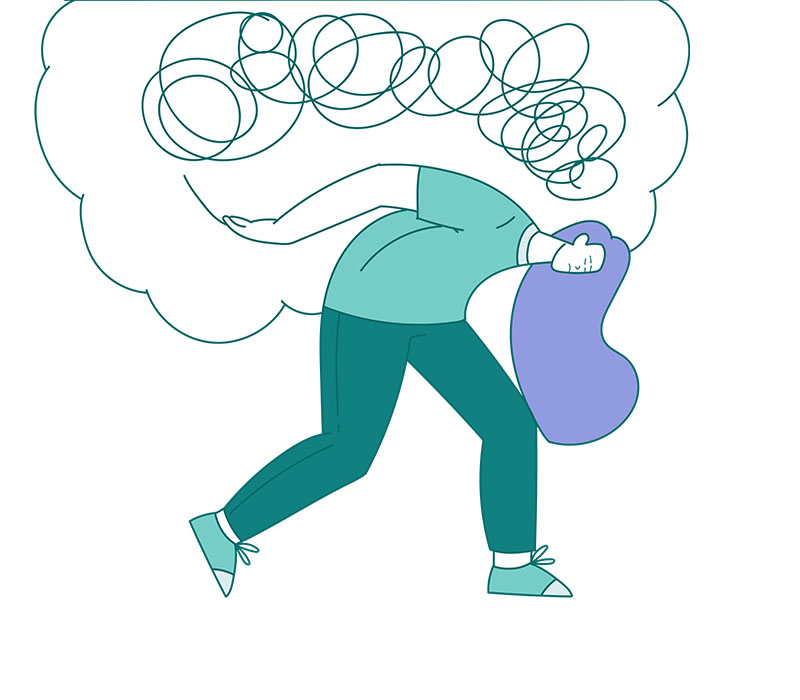Today, women still perform more domestic tasks and provide more care for their loved ones than men. This is compounded by the demands of their jobs, which add to their mental load. What impact does this have on their health and well-being?
Isabelle Courcy, a researcher in the Department of Sociology at the Université de Montréal, conducted a knowledge synthesis on the mental load of women. She and her team analyzed recent studies on this question. Community organizations and civil society groups contributed to the research, either by helping to identify relevant literature or by sharing their analyses.
The results show that the negative effects of women’s mental load on their physical and mental health are undeniable and well documented. This situation contributes to difficulties in balancing work and personal life and increases the risk of mental and physical health problems, such as chronic stress, depression, burnout, sleep difficulties, migraines, and musculoskeletal disorders. These effects are even greater in certain populations, such as single mothers and marginalized individuals.
Research also indicates that the solutions offered to women, particularly on the internet, are often counterproductive. They tend to focus on the individual, trying to teach them to let go and manage their stress better, without addressing the underlying problem of workload and the social mechanisms that contribute to it.
The researcher believes that we need to improve the services and support available to families, ensure equitable access to these resources, and pay greater attention to mental load in public policy. Efforts must also continue to achieve pay equity in employment and a more balanced division of labor between women and men, including when it comes to caring for loved ones.
Want to learn more about this research? Read the knowledge synthesis on the renewed notion of mental load (in French). |




